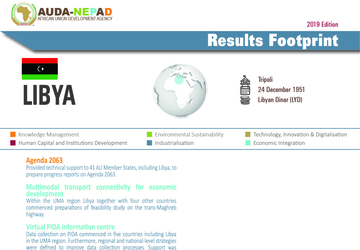 Libya
Libya
Official Name: Libya
Capital: Tripoli
Independence Day: 24 December 1951
Currency: Libyan Dinar (LYD)
Key Result
Libya is expected to benefit from a continent wide knowledge sharing platform which aims to promote African-owned innovative approaches for skills development and decent employment on the continent. The platform has been endorsed by African ministers.
The country is involved in the Desertec Sahara Solar Project which promotes the generation of electricity in North Africa, the Middle East and Europe using renewable sources, such as solar power plants and wind parks.
The PIDA programmes in North Africa also include the North Africa Transmission project. This project involves the construction of a 2,700 km line from Morocco to Egypt through Algeria, Tunisia and Libya.
The continent’s first Model Law on Medical Products Regulation was endorsed by African Leaders in January 2016. Libya is expected to benefit from the Model Law to increase access to quality and safe drugs and to fight the circulation of fake medical products on the continent.
Projects
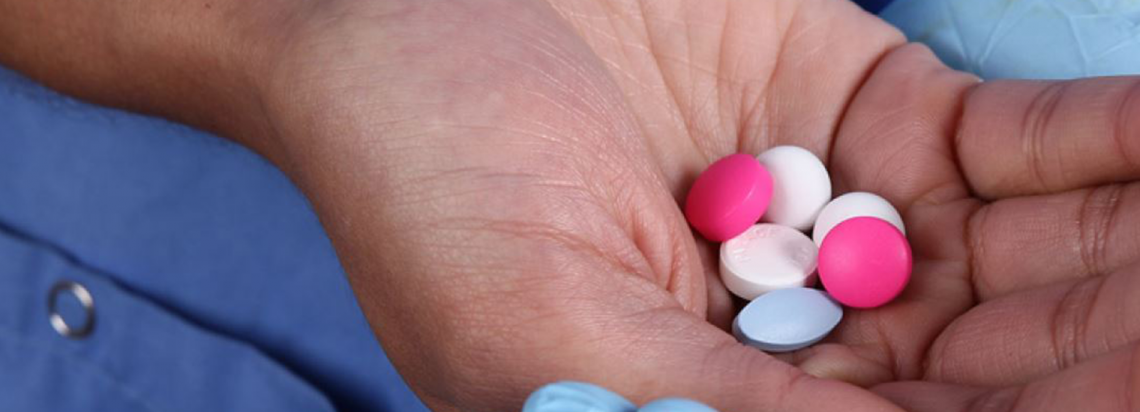
A critical AU Model Law aimed at harmonizing medical products regulatory systems in Africa was endorsed by African Heads of State and Government at the January 2016 AU Summit in Addis Ababa, Ethiopia. The AU Model Law will contribute towards accelerate the regulation of safe, quality and affordable medical products and technologies in Libya.

CAADP Compact: Libya signed the CAADP Compact in October 2009, with the aim of transforming agriculture through food & nutrition security, wealth creation, and economic growth to ensure prosperity for all.

Project : TAH programme
Description : This is phase I of the continental connectivity programme that focuses on completion and standardisation of the TAH missing links by 2030
Project : Single African Sky phase 1 (design and initial implementation)
Description : Single African Sky is a continental programme that will create a high-level, satellite-based air navigation system for the African continent
Project : Yamoussoukro Decision implementation
Description : Accelerate Yamoussoukro Decision implementation by identifying countries that are ready to fully implement it, and discussing and agreeing with both their governments and airlines to launch the voluntary club on a full membership basis
Project : ICT Enabling Environment
Description : This programme would improve the environment for the private sectors to invest in high-speed broadband infrastructure
Project : ICT Terrestrial for Connectivity
Description : This programme has two main components : secure each country connection by at least two broadband infrastructure and ensure the access to submarine cable to all landlocked countries
Project : Internet Exchange Point (IXP) programme
Description : The aim of this programme is to provide Africa with adequate internet node exchange to maximise internal traffic
Project : North Africa Transmission (DFS)
Description : 2,700 km line from Morocco to Egypt through Algeria, Tunisia and Libya
Project : Trans-Maghreb Highway
Description : This programme is designed to improve travel for people and goods across the Maghreb countries, which have had their trade and travel limited by artificial barriers between countries at the borders. This programme would design and implement a smart corridor system along the highway and install one-stop border posts
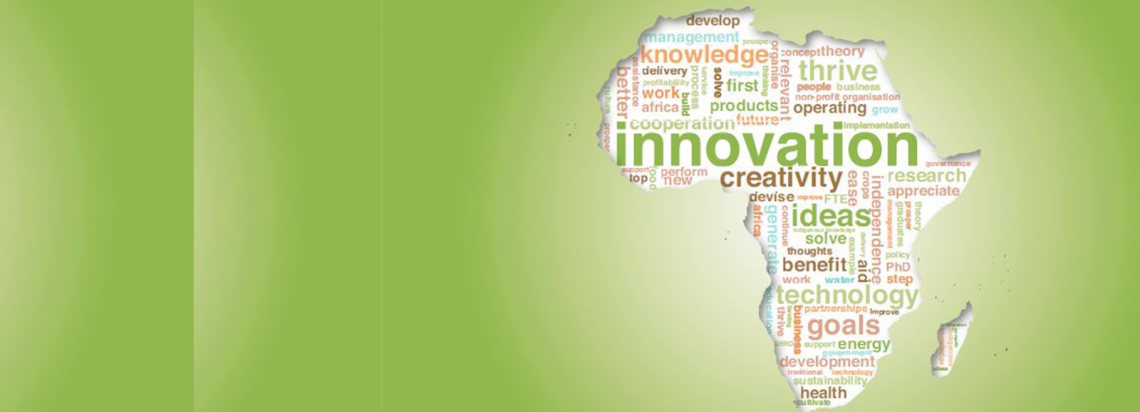
ASTI has captured comprehensive information on STI and consequently built in-country capacity to collect, analyse & publish data and information on research & development (R&D) and Innovation

Results (2013 – 2015)
Advocacy and Strengthening of Negotiation Capacities on Post-2015 Development Agenda through the Common African Position (CAP):
• The multi-stakeholder framework of engagement specifically enhanced dialogue towards ensuring the required mass to influence the Post-2015 Global Agenda and Development Goals relevant to the Continent;
• This intervention helped strengthen country and regional level negotiating capacities for the effective incorporation and articulation of Africa’s priorities as enshrined in CAP in the final Global SDGs;
• The project enabled the participation of African stakeholders at the Means of Implementation Engagement, 3rd Financing for Development Conference and the UN General Assembly that adopted the new SDGs. This ensured the incorporation of Africa’s development priorities into the new goals through developing essential negotiation capacities;
• Through the CAP/SDGs space on the Africa Platform for Development Effectiveness (APDev), knowledge products and negotiation documents, as well as, policy briefs where successfully disseminated to the African negotiators in New York and kept the continent’s stakeholders informed of the overall process;
• Development and dissemination of post-2015 Policy Briefs on “Financing and Partnerships” and “Structural Economic Transformation and Inclusive Growth”. These are priorities outlined in the CAP and the policy briefs where utilized in the negotiation process for the African continent.
Global Partnership for Effective Development Cooperation (GPEDC):
• Africa secured the hosting of the 2nd High Level Meeting (HLM) of the Global Partnership. This was attained through robust negotiation and facilitating a common voice from Africa with regards to this critical engagement by the NEPAD Agency. The 2nd HLM will be held in Nairobi Kenya;
• The NEPAD Agency advocated for the full inclusion and participation of Africa’s Regional Economic Communities (RECs) in conducting the 2nd GP Monitoring Exercise. This was a fundamental achievement considering the RECs are the continent’s building blocks with regards to socio-economic transformation;
• The Africa Action Plan on Development Effectiveness (AAP) was granted the status of an official Global Partnership Initiative (GPI) at the Planning Meeting in Brussels. The AAP was developed by the NEPAD Agency in consultation with African multi stakeholders. This has enabled the Agency to successfully mobilize resources towards the implementation of the AAP.
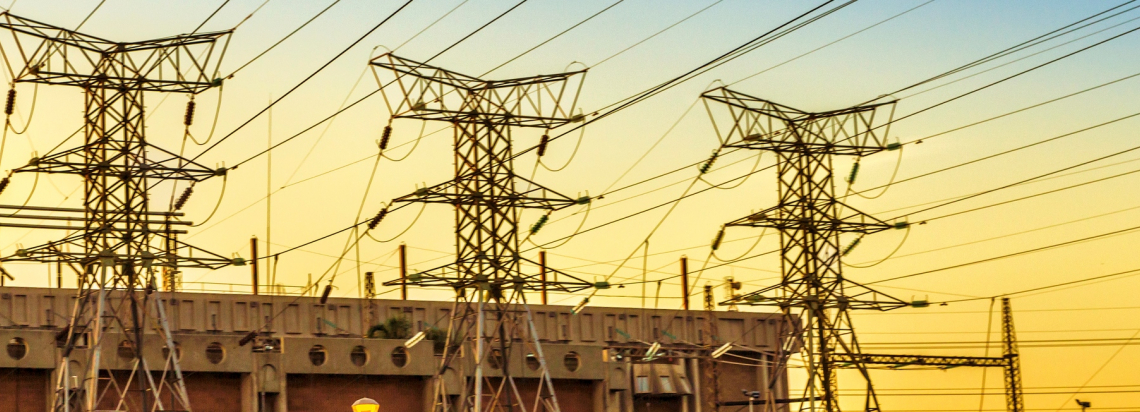
Project : Solar – Desertec Sahara Solar Project
Countries/Region : Algeria, Niger, Libya, Tunisia, Morocco, Egypt, Chad | Northern Africa
Project Location : North-Western Sahara
Sector/Subsector : Energy/Generation and Transmission
Project Description : The Desertec organisations promote the generation of electricity in North Africa, the Middle East and Europe using renewable sources, such as solar power plants and wind parks. In addition, they are developing a Euro-Mediterranean electricity network, primarily made up of high-voltage direct current (HVDC) transmission cables.
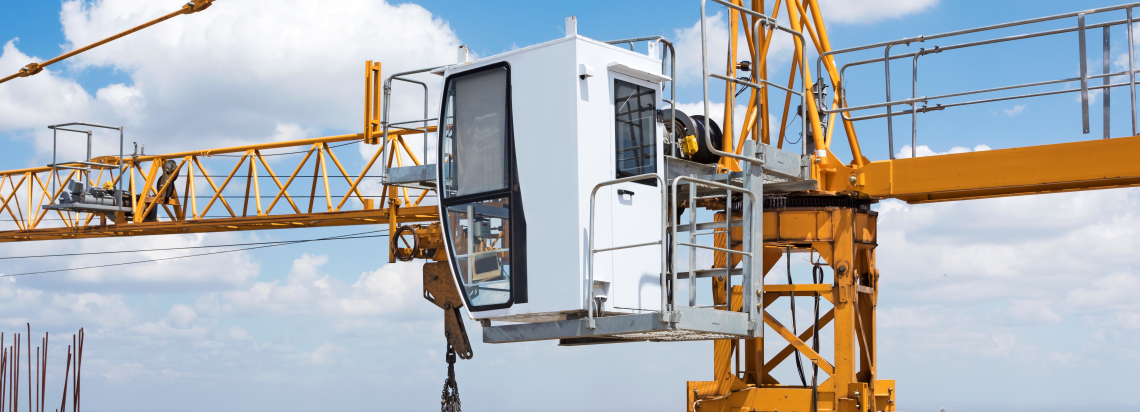
Description : The use of political gravitas and goodwill to unblock and facilitate political bottlenecks affecting the implementation of ICT broadband and optic fibre projects on the continent
you agree to the AUDA-NEPAD Privacy Policy.

